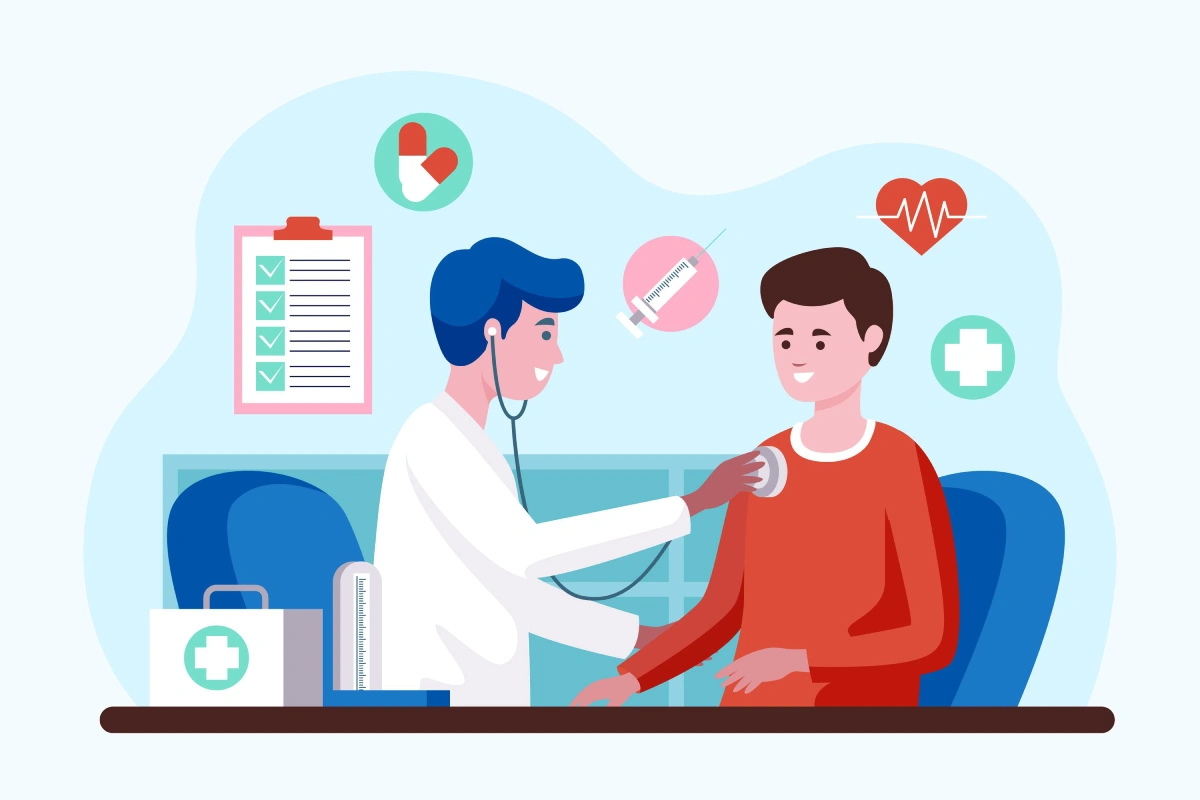Cancer is a devastating disease that continues to take a heavy toll on individuals and families worldwide. In 2025, an estimated 618,120 people in the United States will lose their lives to cancer. These numbers serve as a harsh reminder of the disease’s widespread impact and underline the need for greater awareness and early detection.
The Urgency of Awareness
Cancer does not discriminate; it affects people from all walks of life. Every day, over 1,700 people succumb to the disease in the U.S., equating to more than one life lost every minute. These statistics, while alarming, highlight the urgency of recognizing early warning signs and prioritizing screenings and preventive measures. Awareness and education are crucial, as detecting cancer in its earliest stages significantly increases the chances of successful treatment and long-term survival.

Understanding the Risks and Prevention
While some cancers have identifiable risk factors—such as smoking, obesity, and excessive alcohol consumption—others strike without warning, affecting even the healthiest individuals. This unpredictability makes regular check-ups and screenings essential, regardless of lifestyle choices. Moreover, ongoing research continues to explore ways to mitigate risks and develop more effective treatment options.

Recognizing the Warning Signs
Many cancer symptoms can be subtle or easily dismissed. One lesser-known symptom is excessive sweating, particularly night sweats. While night sweats can result from environmental factors or hormonal changes, persistent and unexplained sweating, especially when accompanied by fevers and unexplained weight loss, may indicate an underlying health issue, including cancer.
According to medical experts, certain cancers—such as leukemia, lymphoma, and carcinoid tumors—are known to trigger excessive night sweats. This reaction may stem from the body’s attempts to fight the disease, hormonal shifts, or an undiagnosed fever. Reports from The Express suggest that cancer-induced fevers often lead to intense sweating as the body struggles to regulate its temperature.

The Link Between Cancer and Hot Flashes
Hot flashes and sweating, commonly associated with menopause, are also prevalent among cancer patients. A study from 2003 highlighted that these symptoms, while often overlooked, can be exhausting for individuals battling advanced cancer. Hormone therapy for breast, prostate, and endometrial cancers frequently triggers hot flashes, affecting up to 75% of prostate cancer patients undergoing androgen ablation therapy. Likewise, two-thirds of postmenopausal women with a history of breast cancer experience hot flashes, with nearly half also suffering from night sweats.
When to Seek Medical Advice
Persistent night sweats, particularly when coupled with other concerning symptoms like fever, fatigue, or unexplained weight loss, should not be ignored. While these symptoms do not necessarily indicate cancer, it is always best to consult a medical professional to rule out any serious conditions. Early diagnosis can significantly impact treatment options and survival rates, making vigilance a key factor in combating cancer.

Spreading Awareness and Encouraging Action
Cancer is a silent predator, often advancing unnoticed until it reaches a critical stage. By increasing awareness and encouraging early detection, we can help more people seek timely medical attention. This article is not meant to incite fear but to empower individuals with knowledge that could potentially save lives. If you or someone you know experiences persistent night sweats or other unusual symptoms, do not hesitate to consult a doctor.
By sharing information and fostering open conversations, we can contribute to a future where cancer is detected earlier, treated more effectively, and ultimately, conquered. Let’s work together to raise awareness and ensure that no one fights this battle alone.
